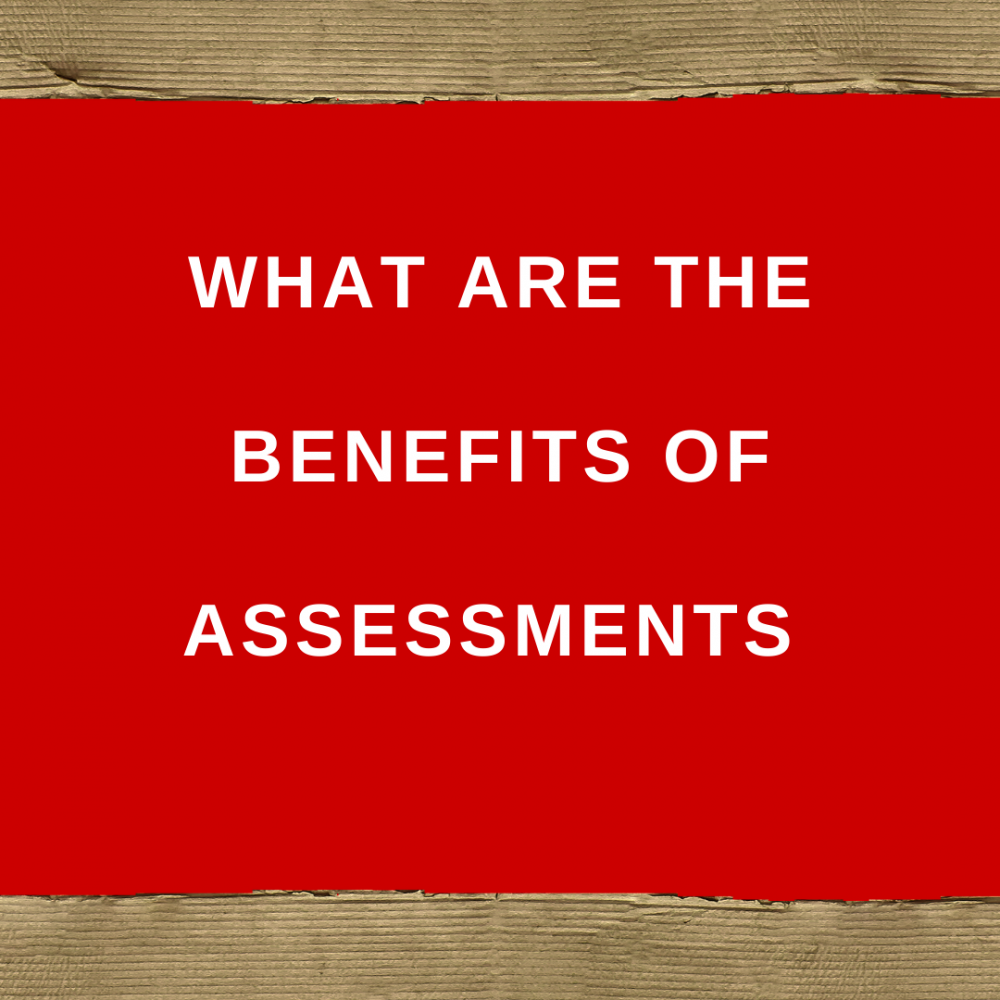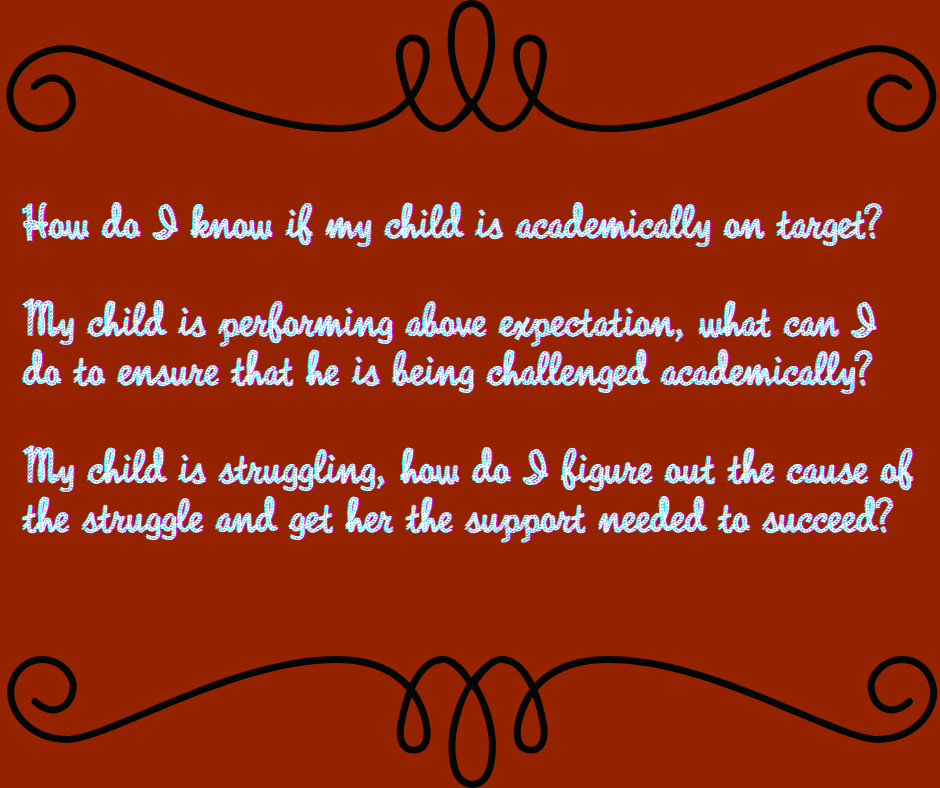The Benefits of Assessments

Tammy L. Stephens, Ph.D. has over 20 years of experience working in the field of education. She has a doctorate in Special Education with an emphasis on assessment. She is an educational diagnostician as well as a former special education teacher and assistant professor. Stephens has written multiple peer-reviewed journal articles, provides district training, and has presented at national and international conferences in her field. She is an author of Core-Selected Evaluation Process (C-SEP) and the founder of the Beyond the Score webinar series. Her research interests include assessment and intervention practices, and the implications of resilience on learning.

The Benefits of Having Your Child Assessed
Over the years, I have engaged in many conversations with parents regarding their child’s academic performance. As a parent and grandparent, I understand the interest and concerns that parents experience. We all want to ensure we are doing all we can for our children to be successful. Most of the questions I have received from parents over the many years I have worked in education can be grouped into one of the following:
How do I know if my child is academically on target?
My child is performing above expectation, what can I do to ensure that he is being challenged academically?
My child is struggling, how do I figure out the cause of the struggle and get her the support needed to succeed?
A carefully designed assessment plan conducted by a specially trained professional can provide you with valuable insights into your child’s academic performance and potential. The use of assessments has been around for a long time and is considered a valuable resource when designing an effective learning plan that guides the delivery of instruction in a way that meets your child’s personalized needs. The problem is that not all assessment plans are created equally and all too often testing is used to simply label children.
Our approach to assessment is different. Although we do offer assessments to determine eligibility for special education services, we also offer you comprehensive assessments to determine your child’s strengths and areas of weaknesses (if they have any). We use assessment in a proactive way to learn about your child’s unique abilities. Our assessment doesn’t end there, we use the information collected during the assessment to create a learning plan designed specifically for your child.
Our assessment plans involve much more than administering a test to your child and reporting a test score, it involves gathering multiple sources of data (e.g., work samples, grades, developmental history, parent/teacher information, student interview, and test results) about your child. By collecting multiple pieces of data about your child, a clear picture of your child’s learning profile can be identified. When you know where your child is strong, you can build on those strengths by implementing the recommended activities we provide to challenge learning. On the other hand, when your child is struggling, you can identify the area(s) of struggle and engage in recommended activities to improve learning. Ultimately, assessment results should be used to drive instruction to maximize your child’s learning.
There are many benefits to having your child assessed. Three of the key benefits are outlined below:
Top 3 Benefits to Having Your Child Assessed
Ensures your child is performing on target.
As a parent, you want to ensure your child is performing on target academically, and when they are not, you want to understand how to help. Given the fatigue associated with COVID-19 (e.g., school closures, virtual learning, social distancing requirements, use of masks, and other everyday stressors), you may be concerned about the impact the past two years have had on your child’s learning. Our Academic Check-Up assessment can let you know if your child is performing adequately for his/her age. If your child is not performing on target, areas of concern can be identified and remediated.
Highlight areas where your child excels to ensure your child is being challenged.
A comprehensive assessment can provide information about your child’s cognitive and academic strengths. When performing above expected in an area, it is important to provide enrichment activities to further challenge your child and to decrease the chances of becoming bored. An assessment will provide necessary information to help you understand your child’s unique strengths. Results are used to create a unique learning plan specifically designed to challenge learning.
Provides early identification of your child’s struggles.
The last thing you want to do is watch your child struggle academically and be forced to wait long periods of time to get the help needed. Research shows that the earlier a child’s struggle is identified, and help provided, the increased chance of future success. Identifying your child’s areas of struggles early will allow for early intervention and will decrease the probability of your child becoming frustrated with school.

When your child is experiencing a significant struggle academically, your child might qualify for specialized instruction. To determine whether your child meets eligibility requirements for specialized instruction (e.g., Gifted, Dyslexia, or Special Education), a comprehensive assessment is legally required. Results from your child’s assessment can be shared with school personnel to consider when planning instruction for your child.
If you are interested in learning more about the assessment services we offer, please visit our website at: The Reading Ranch® Diagnostic and Assessment Services . Our initial consultations are free of charge, we can help you determine your assessment needs and help guide your decision.
Keep an eye out for our next blog focusing on what you should expect when having your child assessed.
Thank-you,
Dr. Tammy
